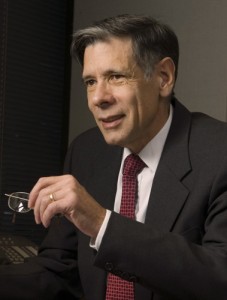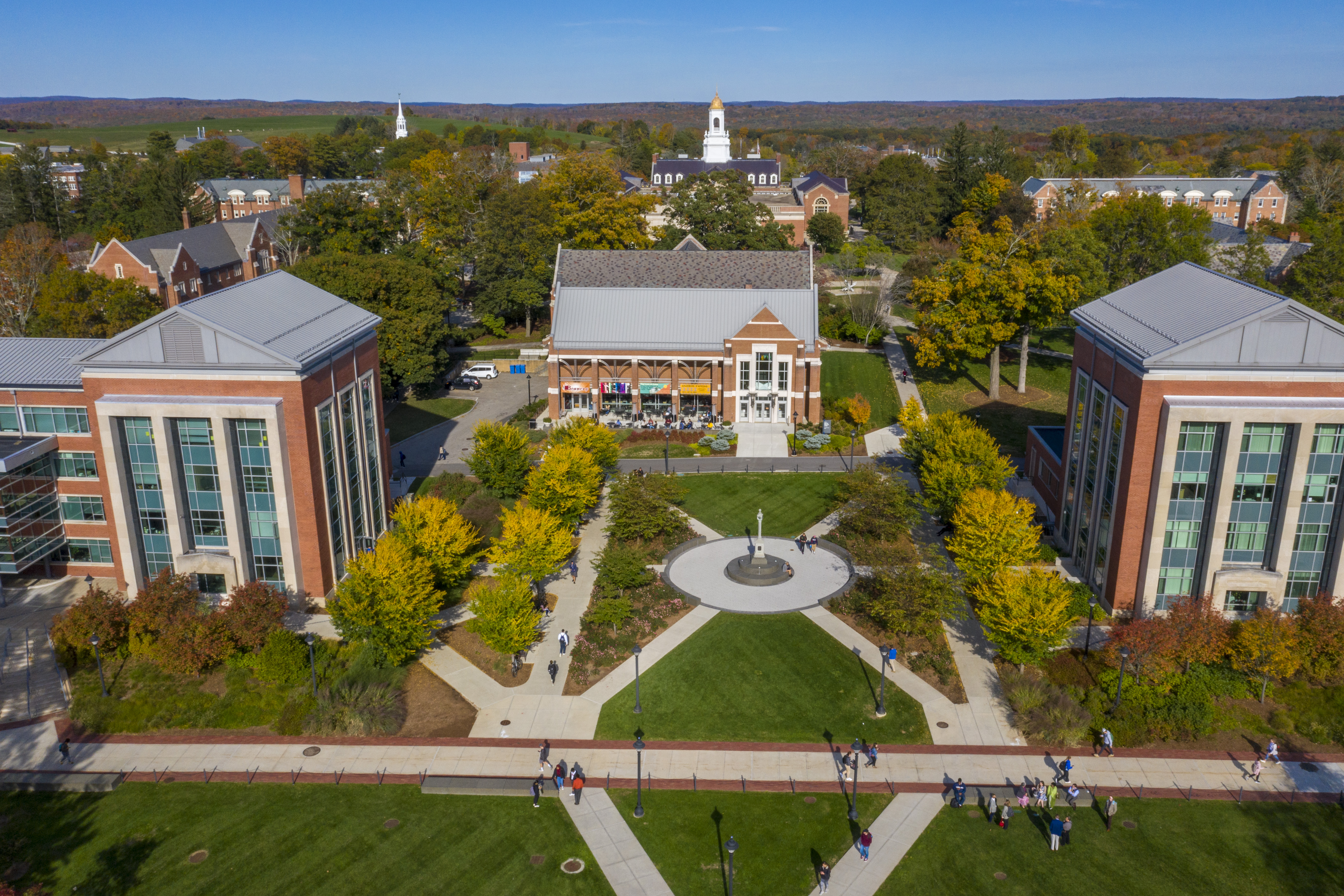
Congress should take 100 of the “most creative medical scientists” in the U.S. and fund them for five years, during which they would work collaboratively and exclusively on a singluar problem at a national research site.
Dr. Frank Torti, UConn Health executive vice president for health affairs and dean of the UConn School of Medicine, made that recommendation to the newly formed Congressional Task Force on Biomedical Research and Innovation this week in Washington, D.C.
Torti suggests identifying “a compelling vision to justify [the public’s] investments in biomedical research”—improving the outcomes for common illnesses such as cancer, Alzheimer’s disease and coronary heart disease—and providing resources for five years for the scientists to work intensively on it, free from the distractions of administration and grant writing.
“At the end of this time, there will be a number of potential drug devices that are ready for clinical testing, ready to move into the commercial space,” he told task force leadership. “This will work. The cost is small.”
Torti is one of 15 members chosen to serve on an advisory council for the task force. The task force chair is Rep. Joe Barton (R-Texas). The group’s charge is to create meaningful process reform recommendations to improve and enhance the productivity of biomedical research and innovation leading to better treatment options for patients. The recommendations would go to the chairs of the House’s Appropriations and Energy and Commerce committees.
Torti also recommends engaging more scientists and institutions in medical research.
“There are roughly 6,000 hospitals in the U.S., and 5,000 are not associated with academic medical centers or research in any way,” Torti said, adding that Congress should mandate the Centers for Medicare and Medicaid Services to provide incentives to hospitals willing to tackle common health problems, and to physicians who offer their patients clinical trials.
“This is easy, inexpensive and will have a profound effect on the national effort to tackle the major diseases that still afflict mankind,” Torti said. “If we quadrupled the number of patients on trials, we would quadruple the speed by which medical innovations could be tested.”
He also called on Congress to free clinical trial data from the Food and Drug Administration’s archives. Torti, a former FDA chief scientist and acting commissioner, told lawmakers that data from hundreds of clinical trials in the FDA archives, currently treated as confidential information, should be made accessible, with detailed patient-level data removed.
“That will allow medical researchers to ask new questions with these old data,” Torti said. “The genomics revolution has taught us the power of such shared data to produce unexpected and important new insights. The genomics revolution has also taught us the techniques of how to analyze large and complex data sets to extract new information.”
Advisory council members presented to Barton and Rep. Rosa DeLauro (D-Conn.), who attended on behalf of Rep. John Dingell (D-Mich.), Wednesday.
Torti is the only task force member with Connecticut ties.
Follow UConn Health on Facebook, Twitter and YouTube.



